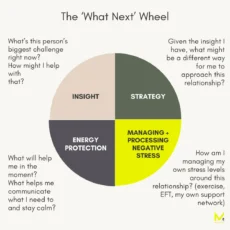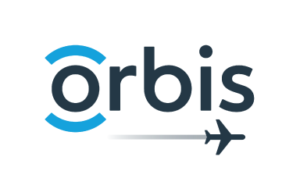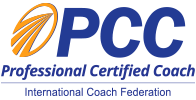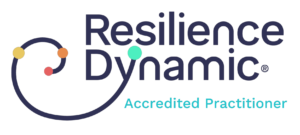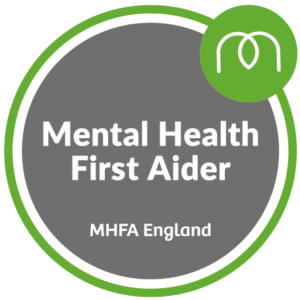Every year I do a guest lecture at Sheffield University Business School as part of their postgraduate HR course. Actually I do two but the one I want to talk to you about today is entitled ‘how and when to hire a coach’.
Coaching is an amazing tool for personal and professional development – the combination of space, support and challenge helps you recognise and play to your strengths, develop new skills and approaches, and implement them. Knowing you’ve the support of a coach to not only give you the courage to step out of your comfort zone, but to really keep you accountable and ensure you really learn from the experience.
But how do you go about finding a coach? And when might you do it?
So let me attempt to distil a 2 hour lecture into a pithy blog post!
How to find a coach?
Anyone can call themselves a coach, they might have had zero training or been studying it consistently for over a decade. They might have training but was it a free weekend course or do they have a qualification?
Some folk call themselves coaches but really they are mentoring, by which I mean sharing what worked for them and giving advice. There’s a place for that, but an experienced, trained coach will be focused on you and what you need and want, not their own ideas about how it should be done.
Top tip: Ask about any prospective coach’s training, what it involved and who they are accredited with. The International Coaching Federation (ICF), the European Mentoring and Coaching Council and the Association of Coaching are all reputable bodies. (The letters after an ICF coach’s name indicate their level of experience – ACC for less than 500 coaching hours, PCC for over 500 coaching hours and MCC for when you’re basically a god like creature, in coaching terms!)
Accredited coaches also abide by an ethical code which protects you, the client. If you’re hiring on behalf of an organisation this really helps with your due diligence knowing you are putting colleagues in the hands of folk who are accredited, supported and abiding by some professional standards.
I’m a PCC coach with the ICF, at the time of writing I have roughly 1000 coaching hours behind me, and I’ve been practising and studying coaching for over a decade.
So I could coach anyone right?
Yay! Absolutely I could and I can also mentor newer coaches at this level. But here’s the other important element of choosing a coach – chemistry.
The success of the coaching will be due both to the skill and experience of the coach, and also to the trust built up within the coaching partnership. You’ve got to want to share stuff with your coach, feel supported, and feel listened to and assured that your coach gets it. I won’t be the right coach for everyone, I don’t know what it’s like being the CEO of a global bank so if that’s important to you, I’m not for you. I do know what it’s like, from my own experience and that of hundreds of clients, to lead a team as a director, head of department or operational line manager, so that’s the level most of my clients sit at.
Fun fact: You don’t need to compromise on qualifications and accreditation in order to find chemistry.
Top tip: you can find an accredited coach on the ICF website right here.
When to hire a coach?
Anytime you dam well like! But as a heads up, here are some of the moments in your career, or the careers of your team members, where it’s especially helpful:
- When navigating a restructure
- When you’ve just been given a promotion or new job
- When you’re planning a return from parental leave
- When you’re stuck in your career and aren’t sure where to go next, and my personal fave –
- When you like your job enough to want to make it work, but it’s exhausting, it’s not sustainable and you need a boost of confidence, calm, skills and approaches to move you out of overwhelm into enjoying it again!




